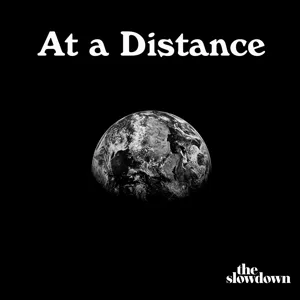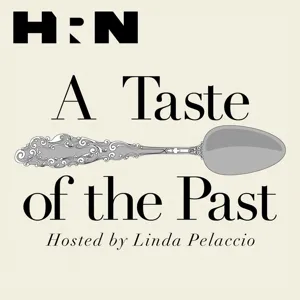An interview with Alex Jack, author, teacher, and macrobiotic health counselor. Alex is the founder and president of Planetary Health, Inc., a nonprofit educational organization that sponsors the Amberwaves grassroots campaign to preserve whole grains from genetic engineering, climate change, and other threats. He holds conferences and seminars on diet, health, sustainability, engages in publishing, and conducts medical research. Alex's commitment toward creating a more sustainable, just and peaceful society includes his work as a civil rights worker in Mississippi, Vietnam War correspondent, editor-in-chief of East West Journal, director of the One Peaceful World Society, and executor director of the Kushi Institute, Center for Personal & Planetary Health.
Alex is the author of over 40 books. His major books include: The Cancer Prevention Diet, One Peaceful World, and Gospel of Peace: Jesus's Teaching of Eternal Truth with Michio Kushi; The Mozart Effect: Tapping the Power of Music to Heal the Body, Strengthen the Mind, and Unlock the Creative Spirit with Don Campbell; editions and commentaries on Hamlet and As You Like It by Christopher Marlowe and William Shakespeare; The One Peaceful World Cookbook with Sachi Kato; and The Golden Dream Cookbook with Bettina Zumdick.
In this interview, Alex talks about two articles he has recently written about Covid-19 titled Reducing the Risk of Covid-19, Diet - The Missing Link and The Anatomy of an Epidemic. He also touches on his recent book relating to strengthening natural immunity to reduce the risk of viral and bacterial infection, including Covid-19. (This book is titled Strengthening Natural Immunity, A Plant-Based Macrobiotic Approach and is co-written with Edward Esko and Bettina Zumdick.) Alex introduces his new book published earlier this year, Spiral of History, The Arc that Bends Toward Justice, Peace & Love, which is intended to be the first book in a series exploring this critical juncture in the history of the human species where "the pace of modern life is accelerating rapidly, all boundaries are dissolving, and everthing is converging. All familiar institutions are breaking down: family, church, school, hospital, brick-and-mortar store, union, and even the nation-state. Age-old concepts of race, sex, gender, matter and spirit are in breathtaking flux." As humanity ushers in a new era, few individuals are as daring and emblematic of futuristic thinking as Elon Musk. I asked Alex to complete a facial diagnosis (macrobiotic/oriental medicine) - this is one indicia of the individual's constitution and balances/imbalances and offers insight as to what drives him/her. Interesting indeed!
Websites relating to Alex's work:
I would love it if you would follow, rate, or write a review for my podcast. What you think matters and I appreciate all feedback!
Get in touch with topic ideas relating to my podcast's categories:
- The meaning of health and well-being, personal and collective consciousness, and fulfilling one's true potential
My email: plantsroc@gmail.com.
With sincere gratitude,
Noreen














